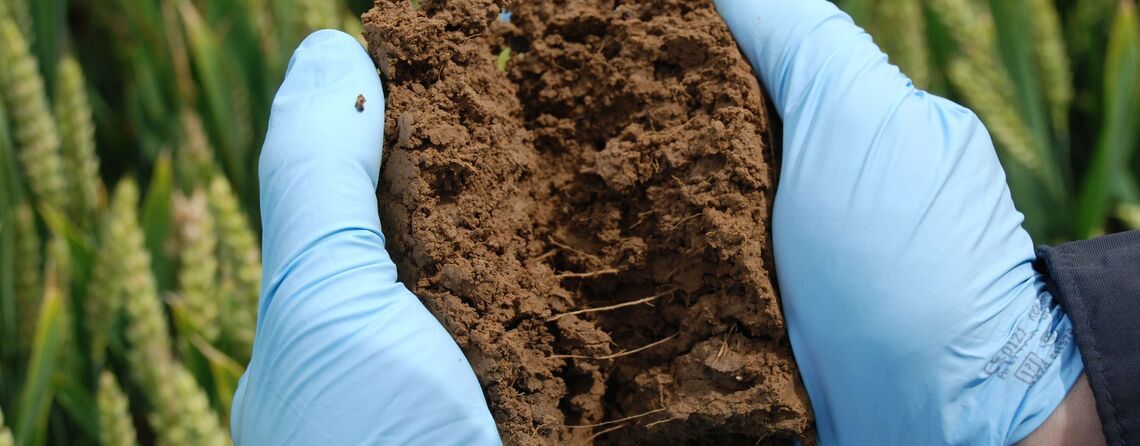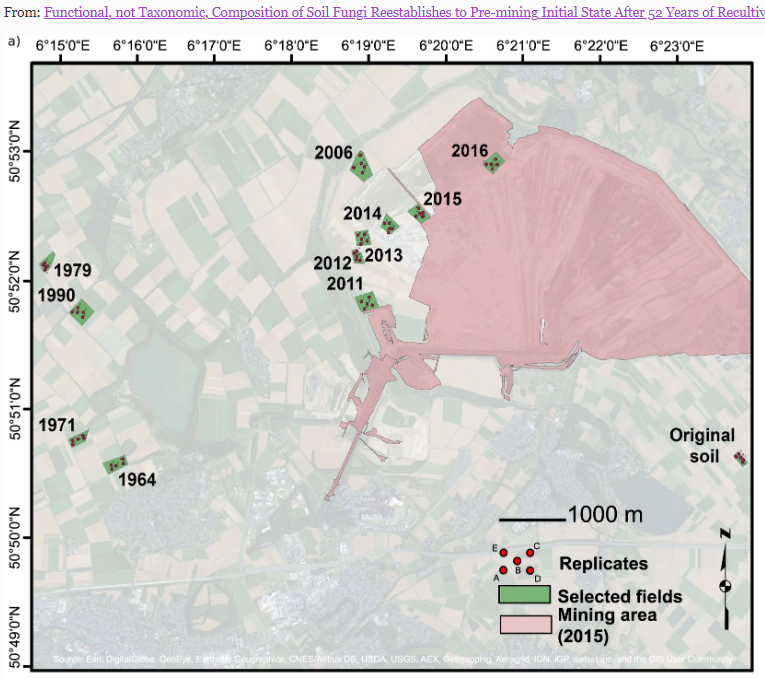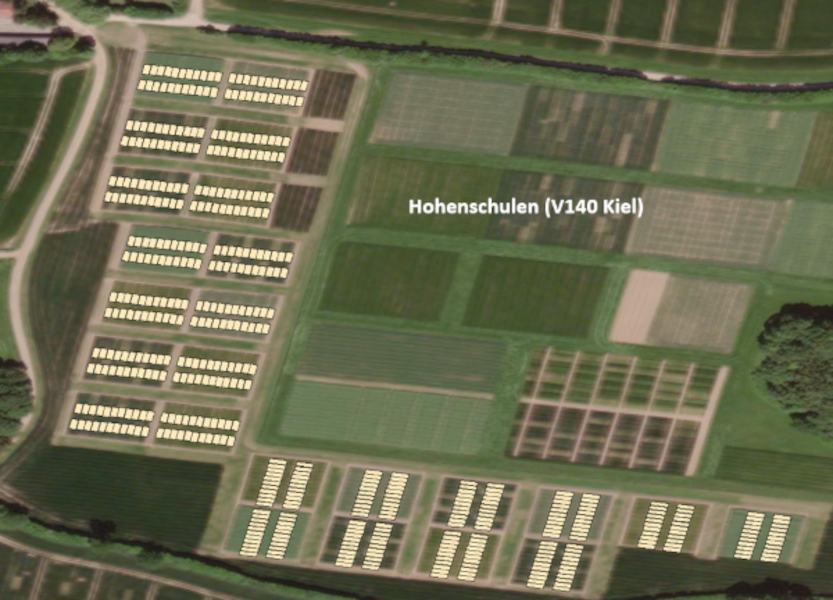Duration:
From Apr 1, 2015 until May 31, 2024
Target Groups:
soil research community; science & research; agricultural enterprises and associations (biomass producers); biomass users; politics; environment, planning and approval authorities; nature conservation organisations; civil society;
About the Project:
Motivation is the development of novel plant cultivation strategies directed towards “engineering” the complex nutrient cycling interactions between plants and soil microorganisms, combined with improved timing of fertilizer and soil amendment applications.
People and Partners
Project Leaders
Partner Organizations
Contacts
News
- BonaRes/Rhizo4Bio Status Seminar on 14/15 March 2022
- Job offer: Postdoc Postion in the BMBF project INPLAMINT (f/m/d)
- New Publication INPLAMINT: Shifts in soil microbial stoichiometry and metabolic quotient provide evidence for a critical tipping point at 1% soil organic carbon in an agricultural post-mining chronosequence
- New publication INPLAMINT: Impact of high carbon amendments and pre-crops on soil bacterial communities
- Dataset of winter wheat yields
Publications
- Two-way NxP fertilisation experiment on barley (Hordeum vulgare) reveals shift from additive to synergistic N-P interactions at critical phosphorus fertilisation level
- UAV-based canopy monitoring: calibration of a multispectral sensor for green area index and nitrogen uptake across several crops
- Simulation-based assessment of residue management to mitigate N loss risk in winter wheat production
- How to adequately represent biological processes in modeling multifunctionality of arable soils
- Biological soil crusts on agricultural soils of mesic regions promote microbial cross-kingdom co-occurrences and nutrient retention



